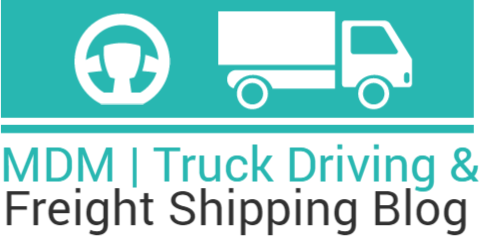As a consumer of the services provided by any interstate household goods mover, there are some prudent pieces of knowledge you should know. Peace of mind is the ultimate goal as you sift through the various carriers for moving your goods out of the local area. Please note that the rules are different for non-interstate moves. Here are some federal requirements designed to protect you as a consumer as you select your household goods mover.
1. Moving Companies Must Publish a Tariff
In the ordinary course of business, a motor carrier performing household goods moves would offer some or all of the following services:
- Binding and non-binding estimates.
- Inventory
- Protective packing services and unpacking of items at the shipper’s residences
- Loading and unloading at the sender’s origin and destination residences
By law, an interstate household goods carrier must publish a tariff that discusses the services the moving company provides. The Surface Transportation Board requires a tariff containing specific items such as an accurate description of services provided, service terms, and the specific applicable rates and the basis for calculating those rates. The tariff should be set up in such a way that rates and service terms can be determined for any given shipment. If an agent is used, there must be a written and filed an agreement in place between the agent and the interstate household goods carrier.
2. Movers Must Provide Reasonable Dispatch
There is a concept in the cross country shipping industry called ‘Reasonable Dispatch.’ This standard has to do with the movement of goods within the dates or period agreed upon and shown on the bill of lading or order for service between the shipper and carrier. There may be exceptions provided for under the carrier’s published tariff or factors such as Force Majeure as defined by the courts.
3. They Are Legally Liable
An interstate household goods mover is legally liable for losses incurred during the performance of those transportation duties delineated in the order of service or bill of lading for that specific move. Household goods that are lost, destroyed, damaged or not delivered to the intended final destination, as a rule, are covered by full value protection obligation. In general, this means the mover is liable for the replacement value of those household goods. The maximum amount being the declared value of the shipment which is subjected to rules established by both the applicable tariff and the Surface Transportation Board. It’s important for the interstate household goods mover to disclose the limits of their liability in a clear, concise, easily understood manner to each shipper.
4. Movers Must Have Honest Advertising
The for hire interstate household goods mover must be honest and straightforward in all advertisements. The company’s official operating business or trade name must be used as it appears on federal documentation that assigns the U.S. DOT Number. The format is U.S. DOT No. (assigned number). For example, if you look at the website for NYC moving company Imperial Movers, you’ll see its U.S. DOT number prominently displayed in the footer of the web page along with the NYC license information. These numbers mean this mover is licensed for local moves as well as long distance moves.
5. Each Mover Must Have a Claim Process
Each mover must have an established complaint and inquiry process with three basic components:
- A contact phone number
- A system for allowing individual shippers to directly contact and communicate with the mover’s primary place of business.
- A system for recording all inquiries and complaints.
Also, the mover must have a readily distributable written process for inquiries and complaints.
Once again, peace of mind is the desired result and, these are just the basics. These are your items with sentimental and otherwise important personal intrinsic value, so a good loss free experience is an imperative. All prudent shippers should keep these basics in mind.
